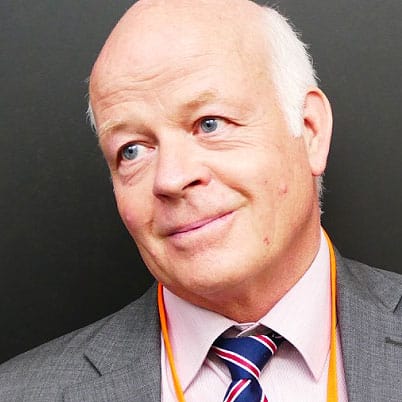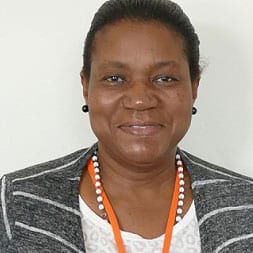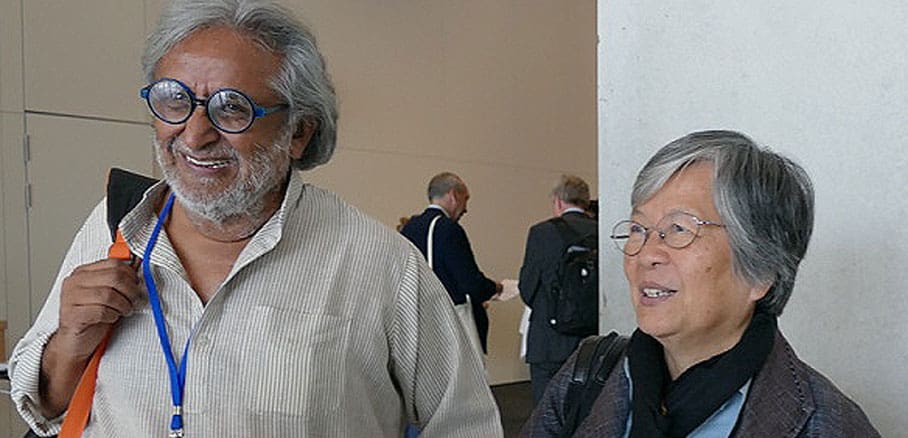Voices on the New Urban Agenda
From 1 to 2 June 2016 more than 1.000 urban development experts, covering a broad range from politics, business, research and science, civil society, multilateral organisations as well as municipal authorities from all over the world, met in Berlin during the German Habitat Forum. They came together to discuss ideas and deliver input for the ongoing negotiations on the New Urban Agenda. We asked several of the attendees what they think should be at the core of the New Urban Agenda, to be adopted at the Habitat III conference in Quito this fall. Here are their answers:

Mobilising sub-national governments to implement the 2030 Agenda and the Paris Agreement. All of the resources that exist below national governments need to be mobilised and joined up with national governments in one common effort.

To bridge the gap between the informal and the formal world. The joining of hands of these two categories of people will be helpful to make sure that the New Urban Agenda will have a very good basis of participation, partnerships, and inclusiveness.

From the perspective of the Global South, two things are very important: One is to build cities which understand and respect informality. Secondly, a major problem is related to jobs and employment. So the question is: What kind of urbanisation, what kind of settlement development do we need to create jobs?

The most important question is: How do we achieve a political revolution? We need a revolution in power and in the way that power is aggregated in organisations, movements, and institutions. And we need a revolution that will put local authorities working together with citizens at the centre of the dispensation that will structure the allocation of resources and power to urban areas.
